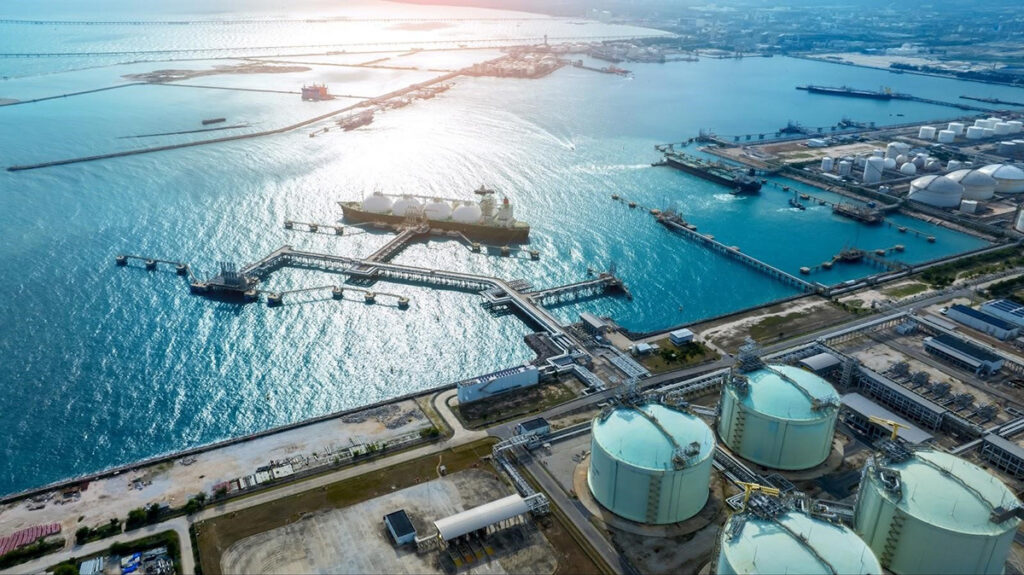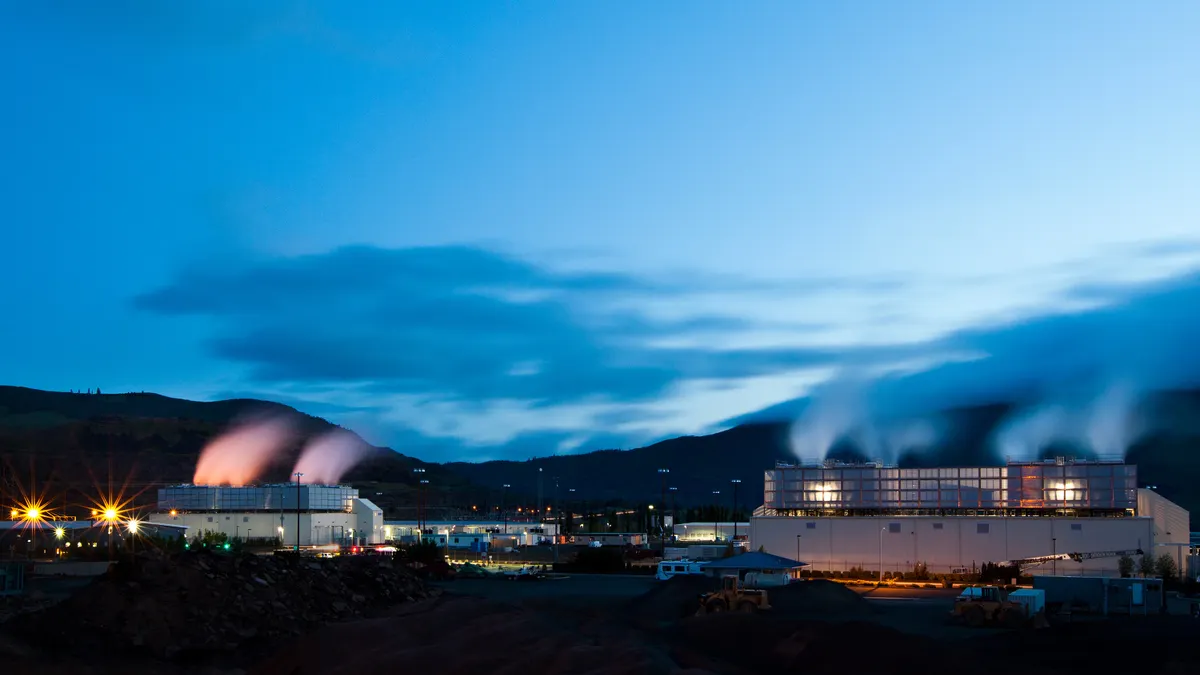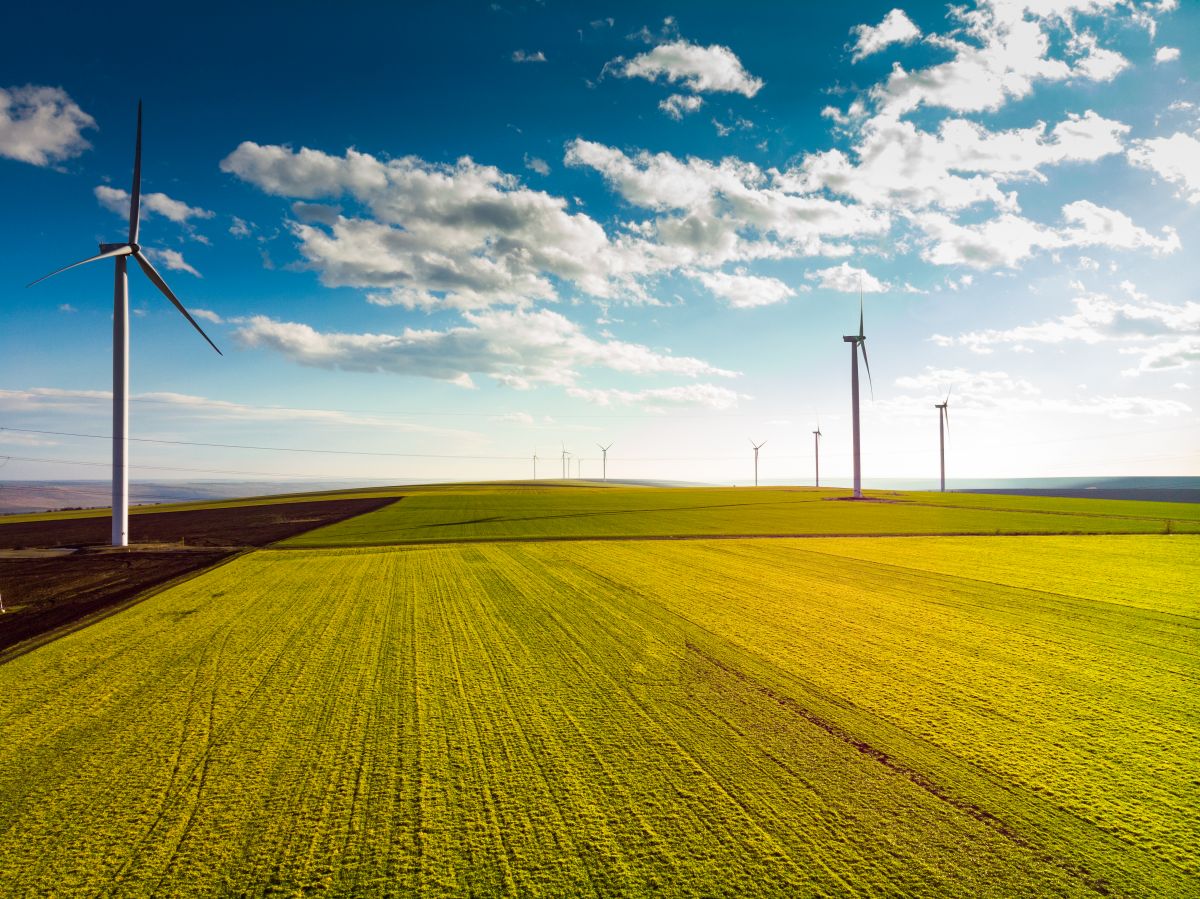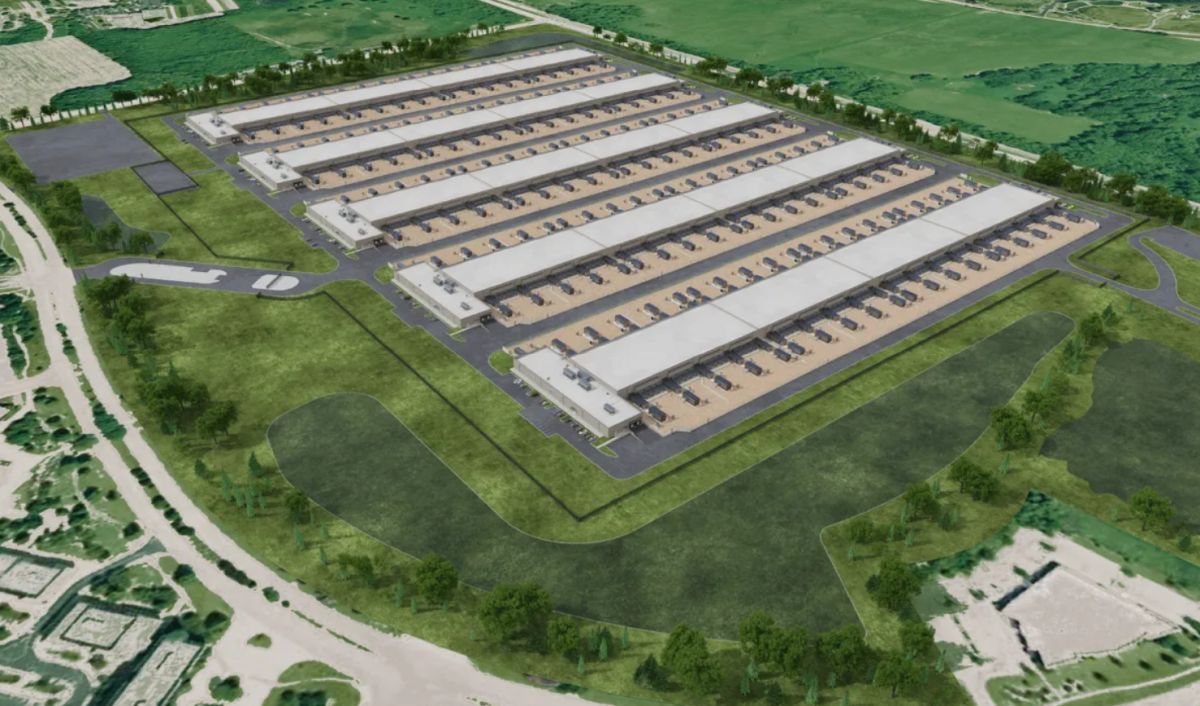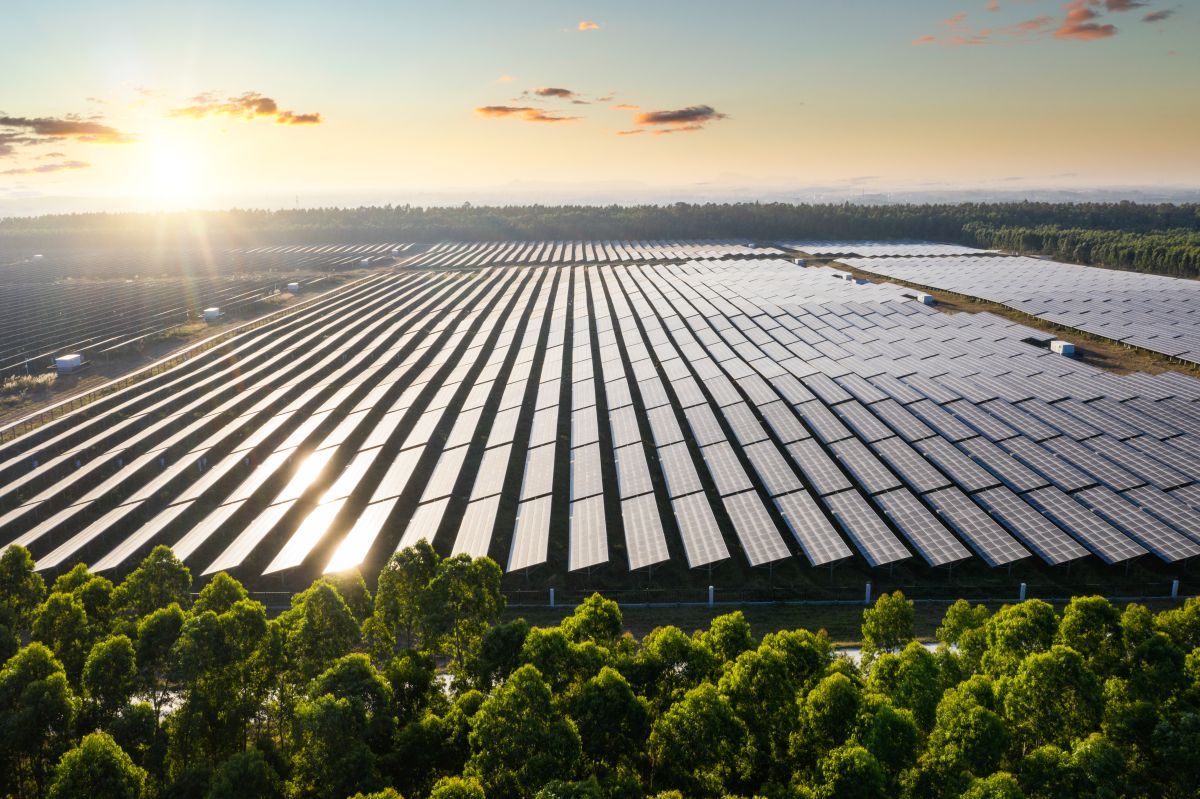WWW.RTOINSIDER.COM
The Biden administration is planning to delay its decision on approval of a major LNG export terminal in order to evaluate the project’s climate impacts, The New York Times reported.
The delay could extend through the elections in November and could affect 16 other proposed export terminals, the Times reported, citing three unnamed sources.
The decision comes on the heels of an extended pressure campaign from climate activists to stop the projects, with focused opposition on the Calcasieu Pass 2 (CP2) project in Louisiana. If approved, CP2 would be the largest LNG export terminal in the country, with a capacity of about 20 million tons of natural gas per year.
CP2 needs to be first approved by FERC, which evaluates projects’ direct environmental impacts, before it moves to the Department of Energy, which decides whether the export of the fuel is in the public interest, which includes the consideration of upstream and downstream GHG emissions.
But those evaluations do not include any estimate of those emissions’ cumulative impact on climate change. The Times reported that the White House has asked DOE to analyze that, as well as the project’s impact on the economy and national security.
CP2 would essentially be an expansion of an existing export terminal in Cameron Parish, La. FERC approved the first terminal in May 2019, though not without debate among the commissioners over the climate issue. Former Commissioner Richard Glick (D) insisted that FERC had been directed by the D.C. Circuit Court of Appeals to evaluate proposed gas projects’ impacts on climate change, and he dissented on the approval. (See Glick Disputes FERC ‘Breakthrough’ on LNG Projects.) The commission had reached a compromise in which it quantified the upstream and downstream emissions but made no determination as to their impact on climate change.
FERC has continued to insist it cannot “determine credibly whether the reasonably foreseeable GHG emissions associated with a project are significant or not significant in terms of their impact on global climate change”; Commissioner Allison Clements (D) has continued to disagree. (See related story, FERC Approves Pipeline to Supply New TVA Cumberland Gas Plant.)
Climate activist and author Bill McKibben, one of the project’s leading opponents, called the delay “the biggest thing a U.S. president has ever done to stand up to the fossil fuel industry.”
A December letter to the Biden administration signed by 170 scientists said the current queue of LNG export terminals “could lead to 3.9 billion tons of greenhouse gas emissions annually, which is larger than the entire annual emissions of the European Union.”
The letter cited preliminary research from climate scientist Robert Howarth of Cornell University that found lifecycle carbon emissions of LNG are between 24 and 274% higher than coal.
While scientists and climate activists have applauded the decision, it has been met with outcry from the fossil fuel industry. The American Petroleum Institute reposted an opinion from The Wall Street Journal Editorial Board arguing that the delay “won’t reduce global emissions” but “would be a gift to America’s adversaries and show Europe that the U.S. isn’t a reliable ally.”
Senate Minority Leader Mitch McConnell (R-Ky.) called the delay “a functional ban on new LNG export permits,” adding that the administration’s “deference to climate extremists continues to sell out American consumers and U.S. allies.”
A report from ClearView Energy Partners noted that the climate review requirement seems likely to extend to all 17 proposed LNG export projects, although this has yet to be announced. ClearView added that the delay is unlikely to be well received by the U.S.’ European allies, who have relied on LNG exports amid Russia’s invasion of Ukraine.
“If a pause is in the offing, the issue would seem more a political matter than an economic or diplomatic one – that is, mobilizing young, climate-focused voters who could make a difference in closely contested ‘swing’ states,” ClearView said.
According to the Times’ report, the White House is unconcerned about CP2’s contribution specifically, as the U.S. is already exporting so much gas.
A new report from Friends of the Earth, Public Citizen and BailoutWatch pushed back on the narrative that increased LNG exports are needed to support European allies.
“Contracts with European customers represent the smallest share (18%) from pending LNG facilities,” the report found. “Contracts with Asia Pacific customers account for 30% of total volume, with the remaining 52% going to commodity firms and other portfolio buyers.”
The report also said Europe is on track to reduce gas consumption in half by 2030 compared to 2019 levels and concluded that “long-term infrastructure is a poor solution to short-term supply needs.”
Ultimately, the outcome of the pending projects may hinge on the results of the 2024 election. The two remaining Republican contenders, former President Donald Trump and former Ambassador to the U.N. Nikki Haley, have both expressed strong support for increasing domestic fossil fuel production.
“We will export as much liquefied natural gas as we can,” Haley told a New Hampshire crowd in the days leading up to the state’s primary Jan. 23. Shortly after, she was interrupted by several climate activists who criticized her for taking money from the fossil fuel industry.


